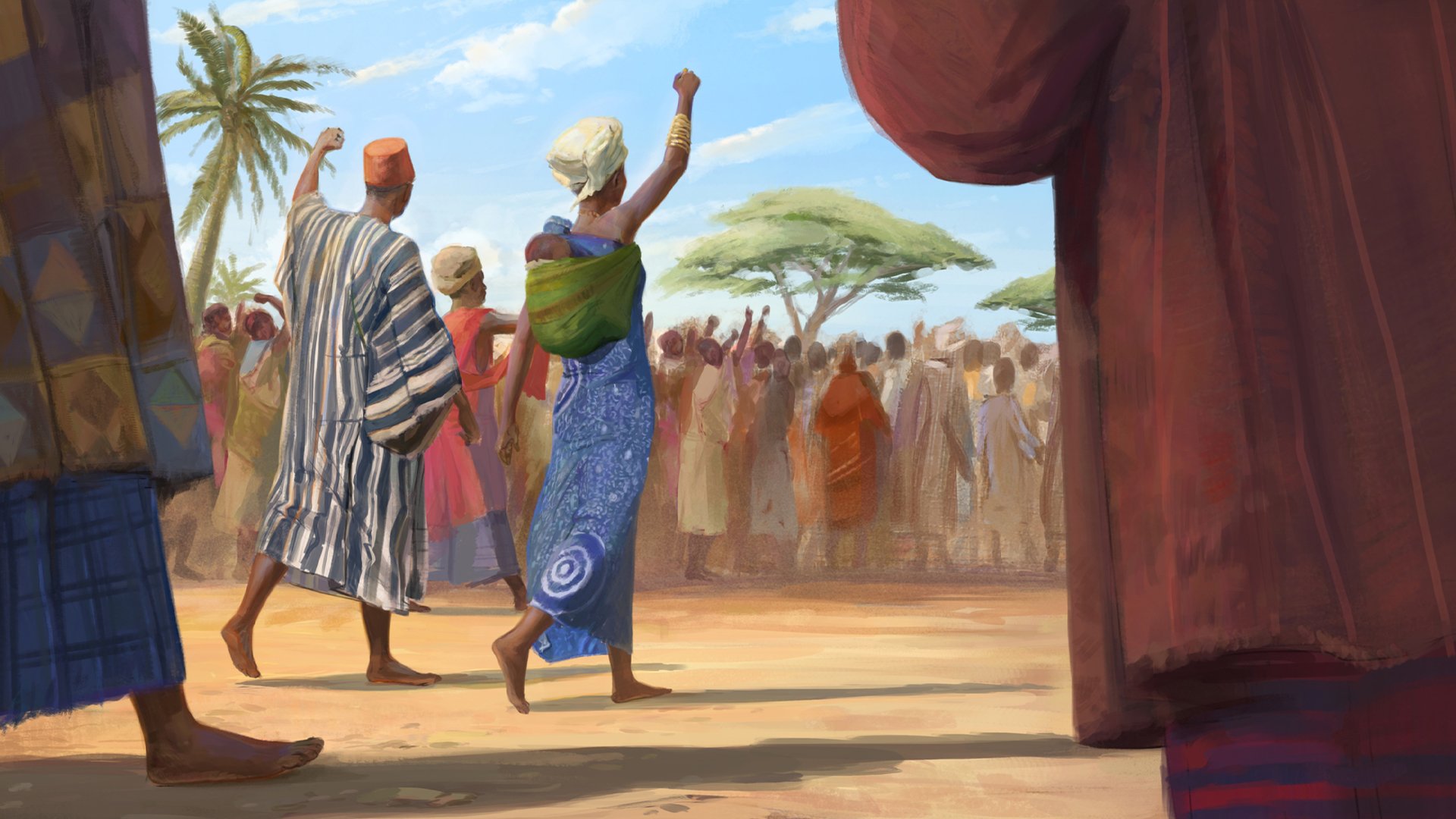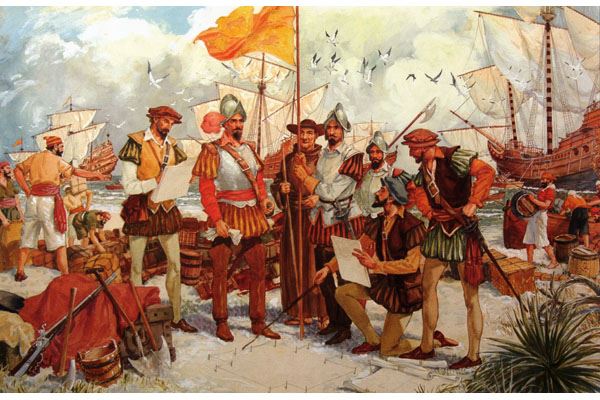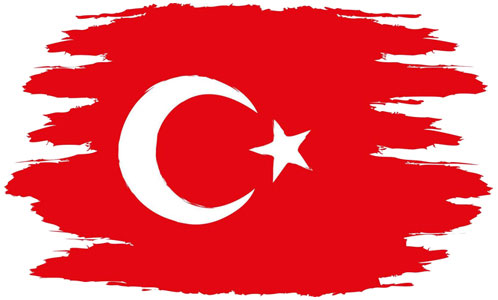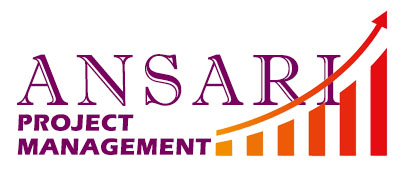1. Why should I study the book "The Face of the Colonizer, The Face of the Colonized" by Albert Memmi?
- By studying this book, you will gain insights into the dynamics of colonization, its effects on both the colonizer and the colonized, and the power dynamics at play.
- It provides a comprehensive analysis of the psychological and sociopolitical aspects of colonization, which can help broaden your understanding of historical events and their ongoing impact.
2. How can studying this book benefit me?
- Studying this book can help you develop critical thinking skills, as it challenges commonly held narratives and encourages you to question the power structures perpetuated by colonization.
- It can expand your perspective and empathy by shedding light on the experiences and struggles of those affected by colonization.
- Understanding colonization better can help you engage in meaningful discussions and contribute to efforts aimed at building a more inclusive and equitable society.
3. What are some specific problems addressed in the book?
- The book explores the dehumanizing effects of colonization on both the colonizer and the colonized, highlighting the loss of identity and cultural suppression.
- It addresses the unequal power dynamics between the colonizer and the colonized, examining how oppression and exploitation are ingrained in colonial systems.
- The book also delves into the psychological impact of colonization, discussing issues such as internalized oppression and the subsequent struggle for decolonization.
4. How does studying this book help solve these problems?
- By studying this book, individuals can gain awareness of the underlying issues perpetuated by colonization, which is the first step towards finding solutions.
- The book encourages critical self-reflection, enabling readers to identify and challenge their own biases and privileges.
- It fosters empathy and understanding, which can lead to more inclusive and respectful relationships between people from different backgrounds.
- Through the examination of historical events and power dynamics, the book equips individuals to actively engage in decolonial initiatives and advocate for social justice.
5. What is the necessity of studying this book in your life?
- Studying this book is necessary to develop a well-rounded understanding of the historical and cultural factors that have shaped societies and continue to impact them today.
- It helps in recognizing and challenging structures of dominance and inequality, fostering a more inclusive and equitable society.
- The knowledge gained from studying this book can inform personal and collective actions, leading to a more informed and socially responsible lifestyle.
- It contributes to personal growth, as it encourages critical thinking, empathy, and a deeper appreciation for diverse cultures and experiences.
6. How does understanding colonization contribute to my awareness of social justice issues?
- Studying this book sheds light on the historical and ongoing injustices caused by colonization, expanding your awareness of systemic oppression and the need for social change.
7. What can I learn about the consequences of colonization, both for individuals and societies?
- The book analyzes the lasting psychological, cultural, and economic consequences of colonization, helping you understand the complexity and wide-reaching impact of such historical events.
8. How can this book help me challenge and deconstruct stereotypes?
- By examining the stereotypes perpetuated by the colonizer towards the colonized, the book empowers you to actively challenge and dismantle prejudiced beliefs in your own life.
9. How does studying this book contribute to decolonization efforts?
- It provides insights into the struggles and experiences faced by colonized communities, helping you understand the importance of decolonizing historical narratives, education, and institutions.
10. How can this book assist in fostering intercultural dialogue and understanding?
- The book encourages dialogue by presenting different perspectives, enabling you to engage in constructive conversations about the consequences of colonialism and work towards cultural understanding.
examining the psychological impact of colonization
11. How does this book inspire personal growth and reflection?
- By examining the psychological impact of colonization, the book prompts self-reflection, enabling personal growth in terms of examining and challenging one's own biases and beliefs.
12. In what ways can this book contribute to building empathy and compassion?
- The book highlights the experiences of both colonizers and colonized, fostering empathy and compassion by illuminating the shared vulnerabilities and struggles of humanity.
13. How can studying this book help me advocate for marginalized communities?
- Understanding the power dynamics and systematic oppression outlined in the book can equip you with knowledge and tools to actively support and advocate for marginalized communities affected by colonization.
14. What are some practical applications of the insights gained from studying this book?
- Practical applications may include engaging in community initiatives focused on decolonizing education, promoting cultural exchange programs, and supporting the rights of indigenous and marginalized groups.
15. How can the book's examination of identity contribute to my own sense of self-awareness?
- The book delves into issues of identity loss and cultural suppression, prompting self-reflection and a deeper understanding of how one's own identity is shaped by both personal experiences and historical contexts.
16. How does studying this book challenge dominant narratives and historical perspectives?
- The book challenges dominant narratives by presenting alternative viewpoints and exposing the complexities and contradictions of colonization, encouraging critical thinking and historical analysis.
17. What are some global implications of studying this book in an increasingly interconnected world?
- Understanding colonization is crucial in navigating global relationships and working towards a more just and harmonious world, as it enables greater cultural sensitivity and awareness of power dynamics.
18. How can the book empower marginalized voices and bring attention to historically silenced narratives?
- By amplifying marginalized perspectives and experiences, the book contributes to a more inclusive understanding of history and society, ensuring that oppressed voices are heard and validated.
19. What role does this book play in combating neocolonialism and ongoing forms of oppression?
- The book provides a foundation for recognizing and challenging ongoing forms of neocolonialism, equipping readers with the knowledge and awareness necessary to address contemporary issues related to oppression and exploitation.
20. How does this book contribute to a more nuanced understanding of resistance movements?
- By examining various forms of resistance against colonial powers, the book offers insights into the strategies and challenges faced by individuals and communities seeking liberation from oppressive systems.

experiences of migrants, refugees, and displaced individuals
21. How can this book help bridge the understanding gap between different cultures and perspectives?
- The book promotes intercultural dialogue and understanding by presenting a range of experiences and perspectives, fostering empathy and bridging the understanding gap across cultural divides.
22. What relevance does this book have in contemporary debates surrounding immigration, refugees, and displacement?
- The book's examination of power dynamics, identity, and displacement provides valuable insights into the experiences of migrants, refugees, and displaced individuals, informing discussions and policies surrounding these issues.
23. How can this book contribute to the dismantling of colonialism's ongoing influences in educational systems?
- By critiquing Eurocentric education and highlighting the importance of decolonizing curriculum, the book contributes to the necessary restructuring of educational systems to provide a more inclusive and accurate portrayal of history.
24. How does this book help challenge racial hierarchies and foster a more equal society?
- The book critically examines racial hierarchies and the construction of racial identities, promoting a more egalitarian society by challenging the notions of racial superiority and inferiority perpetuated by colonialism.
25. What steps can I take after studying this book to contribute to a decolonized society?
- After studying the book, you can engage in activities such as supporting diverse narratives in literature and media, participating in anti-colonial advocacy, and actively supporting decolonial initiatives in your community.
26. How does the book address intersectionality and the interconnectedness of oppression?
- The book acknowledges the complexities and intersections of oppression, exploring how various forms of identity, such as race, gender, and class, interact with colonization and its consequences.
27. How can the book empower me to challenge power structures and advocate for social change?
- Through its exploration of power dynamics, the book equips readers with knowledge and critical thinking skills to challenge existing power structures and actively contribute to dismantling oppressive systems.
28. How does studying this book help cultivate a more culturally sensitive and inclusive mindset?
- By delving into the experiences and perspectives of both the colonizer and the colonized, the book encourages a deeper understanding and appreciation of diverse cultures, fostering a more inclusive mindset.
29. How can this book help us learn from history's mistakes and prevent the recurrence of colonial legacies?
- By critically analyzing the historical consequences of colonization, the book serves as a cautionary tool, encouraging society to learn from past mistakes and actively work towards preventing the perpetuation of colonial legacies.
30. What are the implications of studying this book for personal and societal transformation?
- Studying this book has the potential to ignite personal and societal transformations by fostering critical consciousness, empathy, and a commitment to social justice, ultimately working toward a more equitable and decolonized world.
Dear Visitor; Please take a look at the list of 50 most visited websites in the world wide web: YouTube, Facebook, google, translate, gmail, weather, amazon, Instagram, cricbuzz, Hotmail, wordle, satta king, twitter, yahoo, yandex, sarkari result, Netflix, google maps, yahoo mail, roblox, whatsapp, NBA, BBC news, outlook, pinterest, flipkart, eBay, omegle, live score, tiktok, canva, ipl, premier league, hava durumu, ibomma, walmart, twitch, ikea, shein, linkedin, home depot, e devlet, lottery, snaptik, cricket, serie a, nfl, spotify, fox news, amazon prime; There is no book publishing related or project management website in this list. We are working hard to bring these important issues to the center of concentration of societies. Please introduce us via social media, share our website with others and help us to make our world a better place to live. Best Regards.













Write your review